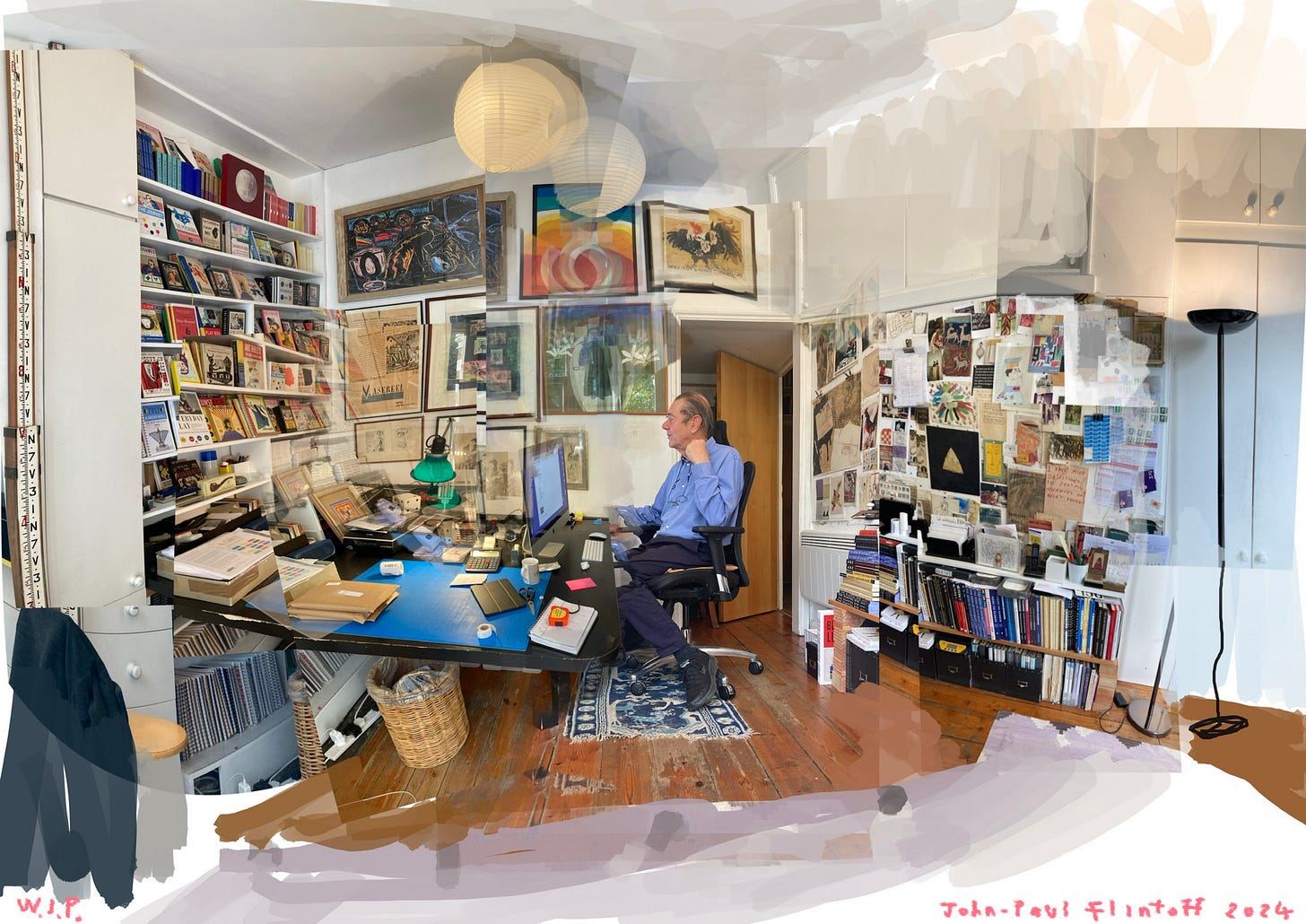How To Shape A Writing Project As You Go Along
An exercise I use when mentoring first-time authors
When you write a substantial piece of work - even if it’s not a whole book - you’re building a world.

It can be hard to distinguish what is your own world (your everyday reality, and the many things you know and think about) from the world of this specific writing project.
In the last few years I’ve mentored a few first-time authors. Some already had contracts with publishers, others didn’t (yet). In each case, they found it helpful to go through a preliminary exercise with me - a kind of “audit” of the world of their book.
I think the exercise is helpful even if you are writing something shorter than a book.
Make lists
It’s worth emphasising the value to be had from making lists.
When I first came up with this exercise, I made a list of elements in a particular author’s manuscript.
After finishing that first list, I stared at it for a while. I noticed patterns – particular types of entries – and created separate lists for each one.
Here’s a list of those lists:
- Individual people
- Specific places
- Periods of time
- Tech disciplines and procedures
- Physical objects
- Experiences of the author
- Mysteries to resolve
If you have a writing project in mind already, please draw up some of those lists. Jot down key words on index cards.
Paid subscribers can also listen to me going over the exercise with one particular author, teasing out from him specific names of people, places and so on.
You may not be particularly interested in the subject of this author’s book, but that shouldn’t matter. I’ve cut out much of his specific comments and inserted a “fast-forward” sound instead.
I hope you find it helpful to hear how I help him to draw up his own particular lists, and turn those disparate elements into material to illustrate and amplify the subject of his book.
Keep reading with a 7-day free trial
Subscribe to Like A Journalist, by JPF to keep reading this post and get 7 days of free access to the full post archives.



